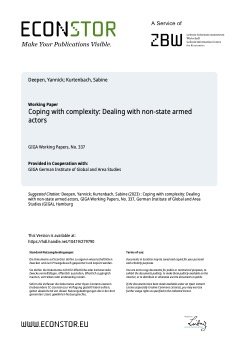By ENACT Africa
Summary Armed groups’ involvement in illegal mining in Nigeria has exacerbated arms smuggling, consequently increasing insecurity and violent conflict in the country and across the Sahel. It’s also seen a rise in the kidnapping of women and girls for forced labour in the mines. Governments must deal with the socio-economic and political factors that sustain banditry in Nigeria’s North West Region, the involvement of armed groups in illegal mining and the transnational dimensions of the crime. Key points • Armed groups engage in illegal mining due to corruption by state actors and community members, as well as poverty and a lack of opportunities. • Inconsistencies in Nigeria’s mining sector regulations, specifically between the Nigerian Minerals and Mining Act, 2007, and the Land Use Act, 2004, exacerbate the problem. • Armed groups’ control of mining areas undermines government legitimacy and stability. • Militarisation has been unproductive and security forces are compromised by corruption. • Illegal mining fuels security problems and the proliferation of small arms and light weapons. • The transnational criminal market for illegally mined gold extends to Chad, India, Lebanon, Niger and the United Arab Emirates. • The use of girls in mining violates international labour laws.
ENACT Africa, 2024. 24p.



